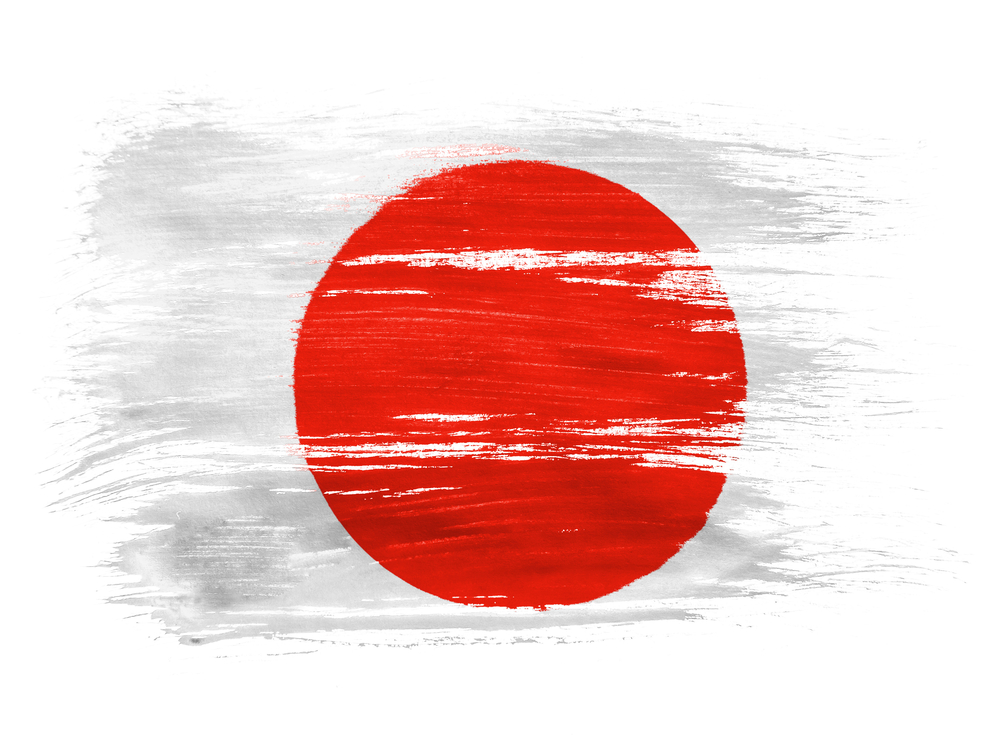In late 2014, Japan passed two new laws that revolutionized the commercialization of cell therapies within the country by providing an accelerated pathway for product approvals. While there has been much discussion about these laws, few people have a clear understanding of the implications of these regulations on a global scale.
Below, we summarize the laws, identify their importance, and most importantly, speak to how Japan has become a “gateway country” for regenerative medicines.
Accelerated Approval Pathway in Japan for Cell Therapies
New regulations accelerating the approval of regenerative therapeutics in Japan took effect November 25, 2014. The significance of these regulations is that they allow companies to receive conditional marketing approval and commercialize regenerative medicine products while clinical trials continue through the later stages.
The accelerated commercialization of cell therapies is part of the economic revitalization plan initiated by Prime Minister Shinzō Abe. Under Shinzō Abe, Japan has been pursuing regenerative medicine and cellular therapy as key strategies to the Japan’s economic growth. Japan’s Education Ministry also indicated that it is planning to spend 110 billion yen ($1.13 billion) on iPS cell research during the next 10 years, and the Japanese parliament has been discussing bills that would “speed the approval process and ensure the safety of such treatments.”[1]
Two New Laws for RegMed in Japan
In late 2014, Japan exercised the following acts:
- Act on the Safety of Regenerative Medicine (Law No. 85/2013)
- Pharmaceuticals and Medical Device (PMD) Act (Law No. 84/2013)
The aim of the first act was to accelerate the clinical application and commercialization of innovative regenerative medicine therapies. It covers clinical research and medical practice using processed cells and specifies the procedure required for clearance to administer cell procedures to humans. These guidelines are very important to the use the cells within clinical stages.
The PMD Act’s definition of regenerative medicine includes tissue-engineered products, cell therapy products, and gene therapy products.
The 7 Year Conditional Approval Period
The intent of the laws is to accelerate the commercialization of cell therapeutics within Japan by allowing companies to benefit from conditional marketing authorization.
Therefore, cell therapies that show safety and probable efficacy during Phase I and Phase II trials can get conditional approval for up to seven years, during which time:
1) Larger-scale, later-stage clinical trials are performed
2) Revenue from the cell therapy is pursued within the Japanese market
During the seven-year conditional approval period, companies must continue to submit clinical trial data to Japan’s Pharmaceuticals and Medical Devices Agency (PMDA), and subsequently apply for final marketing approval or withdraw the product within seven years.
Japan as a “Gateway Country”
This safety data can then be used by non-Japanese participants, which is a massive benefit to foreign companies, such as those located in the United States. The regulatory environment in Japan provides companies with the unique opportunity to “fast track” a clinical trial and seek approval of a new cell therapy product within the Japanese market.
As Kaz Hirao, CEO of Cellular Dynamics International (CDI), shared with BioInformant: “This has made Japan a ‘gate country’ for developing innovative cell therapies with the potential to address major unmet medical needs. It has has provided a strategic opportunity to American companies, because they can benefit from fast track applications through doing clinical testing within Japan and subsequently developing its cell therapy across the rest of the world. Numerous American and Australian companies are pursuing this strategy, as well as other companies from other countries worldwide.”[2]
To learn more, view the “2017 Guide to Regulatory Pathways for Cell Therapies.”
Footnotes
[1] Dvorak, K. (2014). Japan Makes Advance on Stem-Cell Therapy [Online]. Available at: http://online.wsj.com/news/articles/SB10001424127887323689204578571363010820642. Web. 8 Apr. 2015.
[2] Interview with Kaz Hirao, CEO of Cellular Dynamics International (CDI), a FUJIFILM Company. Conducted by BioInformant’s President/CEO, Cade Hildreth [January 29, 2017]. Available at: https://bioinformant.wpengine.com/cellular-dynamics-cdi-kaz-hirao/.
